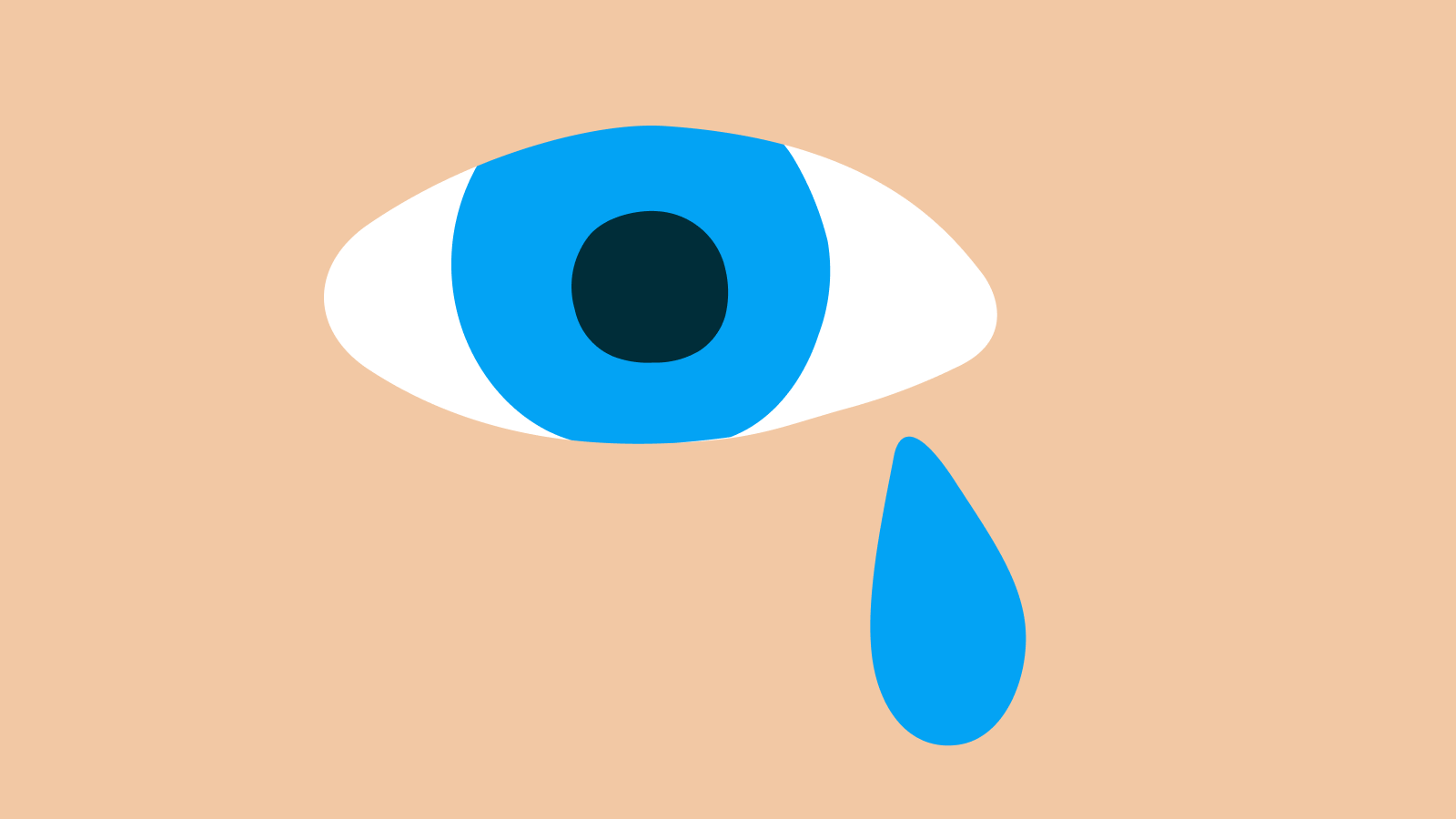Whether you’ve just started talking therapy or are only considering it, taking action to look after your mental health can feel like a big step. It’s a good idea to start thinking about what you’d like to get out of therapy and how to get the most value out of the experience.
What is therapy?
Therapy is a form of psychological treatment that involves talking about your thoughts, behaviour and emotions with a trained therapist. It can be a really useful way to help you deal with or overcome mental health problems such as depression, anxiety or stress.
There are a number of different types of therapies, but some are more suitable for certain types of problems. People will also be more suited to certain types of therapy, so there’s no one-size-fits-all approach.
The person delivering the therapy will depend on the type and intensity, but they can be counsellors, therapists, psychologists or psychiatrists.
To help make your experience of therapy as useful as possible, here are 7 things to consider before, during and after therapy.
What to consider before you start therapy
1. Make sure talking therapy is the right thing for you now
Talking therapy may be a good idea if you need help coping with a challenging life situation or a mental health problem. But you don’t have to be going through a crisis to try it – it can also help support your personal development. Sometimes, just talking to someone who isn’t a friend or family member can be a helpful healing process.
It’s worth noting that having therapy is a commitment, and it requires work from your side. Consider whether you feel ready to talk and open up about your feelings. Therapy often requires you to talk about the most personal of things and this can be hard to do if your emotions are still very raw.
It’s important to remember that therapists are trained to help you navigate your experiences, thoughts and feelings at a pace that suits you. They’re there to help in a way that makes you feel psychologically safe and comfortable.
2. Understand the type of therapy you’re getting
There are several different types of therapy – from CBT therapy to group therapy – and it can be hard to know which is best suited for you. Doctors recommend certain types of therapies for specific issues, so it can be helpful to speak to a GP or a specialist about your options. It can also be useful to read about each type so you can make a judgement on which is most suited to your personality and preferences.
3. Think about what you might want to achieve
Ultimately, you’re doing this to help yourself, so think about what you want to get out of therapy. You may want help coping with a traumatic experience, processing grief or developing techniques to lower your anxiety levels. It can even be helpful to write your thoughts down so both you and your therapist are clear about what your goals are.
How to maximise your time during therapy
4. Make sure you have a comfortable and private set-up
Therapy involves talking about personal thoughts and issues. So, if you’re trying digital therapy and having your sessions from home, make sure you have a comfortable, private setting. If you don’t feel comfortable or think people are able to listen in, it can be very hard to properly open up and get the most out of a session.
Equally, if your session takes place outside the home, make sure that you’re comfortable in that environment.
5. Try to be open and honest with your therapist
This can be one of the hardest parts of therapy, but discussing your thoughts and feelings openly is key. Therapy should be a safe space where no judgement is passed and your therapist will work to help create this atmosphere.
Don’t worry if you don’t feel like this immediately, as it can sometimes take a while for this trust to develop. It’s also important that you aren’t afraid to tell your therapist if you feel some things aren’t working. This can really help them personalise your therapy.
6. Set realistic expectations
Try to remember that therapy isn’t a magic bullet that will solve your problems immediately. It can be a long process – usually between 6-8 sessions, while some people may need therapy for a longer period.
However, if you don’t find it helpful, or after this time you don’t feel that you’re getting out of it what you’d like, you can talk to your therapist about making a change in the type of therapy you receive. You can also speak to a doctor who may be able to help with changing your therapist or exploring other options.
What to think about after therapy
7. Try to take your learnings with you
Therapy can be a great way for you to see things more clearly, but your session will only take up a small proportion of your week. To really benefit, try to take your learnings from each session with you and implement some of the techniques you learn into your everyday life. It can help to write these down so that you can reflect on them at a later stage. Speak to your therapist about some practical ways to help you do this.
When should I speak to a doctor or therapist?
If you’re interested in therapy, it’s a good idea to speak to a doctor. They can help you find the best option for you.
It might be a good idea to speak to a doctor or therapist if:
- You’re feeling low on a regular basis
- You’re struggling with anxiety or stress
- You’re experiencing depression or another mental health issue
- You need support with grief, a difficult life change or a traumatic experience
This article has been medically reviewed by Dr Bryony Henderson.


